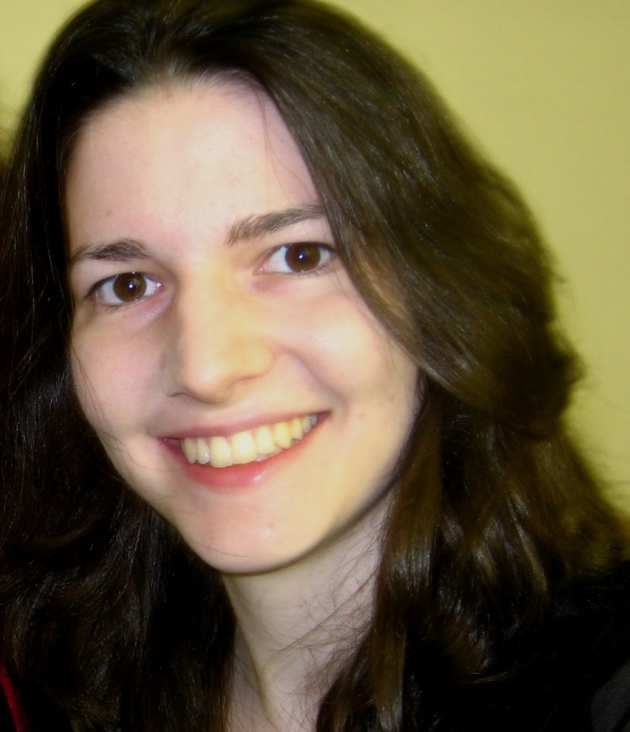High-throughput, micro-droplet based screening platform for the evaluation of G-quadruplex binders
 DNA is a major target of anti-cancer drugs. However, efforts have been made to increase the selectivity. Consequently, non-canonical sequences with unique structures are a major focus of research. Guanine-rich sequences self-assemble into G-quadruplex structures which are likely to play an indispensable role in various cellular processes like telomere maintenance, genomic stability and regulation of DNA replication and transcription. A considerable proportion of potential quadruplex sequences is located in the promoter regions of genes that play an important role in cell signalling. G-rich repetitive sequences were also identified in the telomeric region. Several compounds including metal complexes have been identified to be good G-quadruplex binders. Their medicinal significance led to the need for a rapid and efficient screening method to identify the best potential binders for a physiologically relevant G-quadruplex DNA/RNA.
DNA is a major target of anti-cancer drugs. However, efforts have been made to increase the selectivity. Consequently, non-canonical sequences with unique structures are a major focus of research. Guanine-rich sequences self-assemble into G-quadruplex structures which are likely to play an indispensable role in various cellular processes like telomere maintenance, genomic stability and regulation of DNA replication and transcription. A considerable proportion of potential quadruplex sequences is located in the promoter regions of genes that play an important role in cell signalling. G-rich repetitive sequences were also identified in the telomeric region. Several compounds including metal complexes have been identified to be good G-quadruplex binders. Their medicinal significance led to the need for a rapid and efficient screening method to identify the best potential binders for a physiologically relevant G-quadruplex DNA/RNA.
My project aims at developing a high throughput, real-time micro-droplet based platform for the evaluation of quadruplex binders exploiting microfluidics technology. The idea is to perform FRET melting assays with optically labelled quadruplex sequences in micro-droplets. We also envisage to gauge the cytotoxicity of quadruplex binders against a number of different cell lines in a similar platform.
Biography:
- PhD, Chemistry Department (Imperial College London, UK) since November 2014; Supervisors: Prof. Ramon Vilar, Dr. Joshua Edel
- Master's Thesis at University of Cambridge (2014), : "Synthetic porphyrin-protein assemblies"; Supervisors: Dr. Paul Barker, Dr. Florian Hollfelder
- MSc in Interdisciplinary Sciences with main focus on structural biology and chemistry (ETH Zuerich, CH) (2012-2014)
- BSc in Biochemistry (ETH Zuerich, CH) (2009-2012)

Contact
Professor Joshua B. Edel
Department of Chemistry
South Kensington Campus
SW7 2AZ London
Tel: +44 (0)20 7594 0754
Email: joshua.edel@imperial.ac.uk